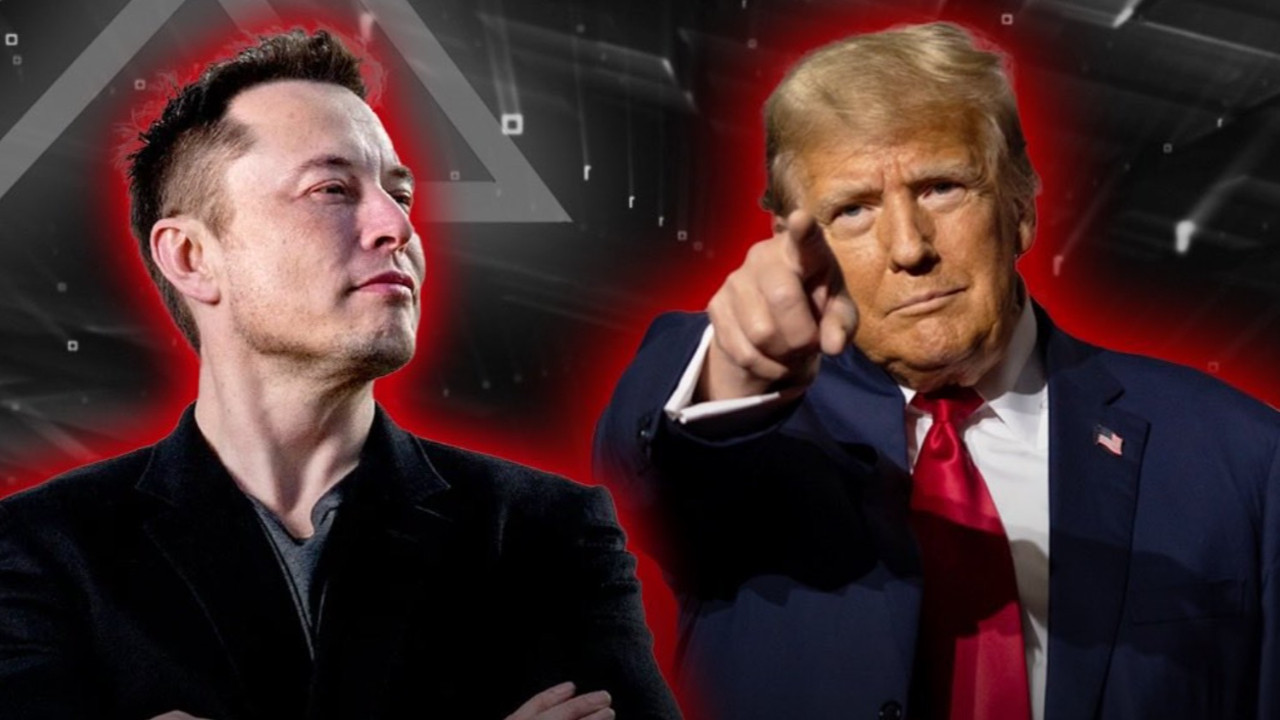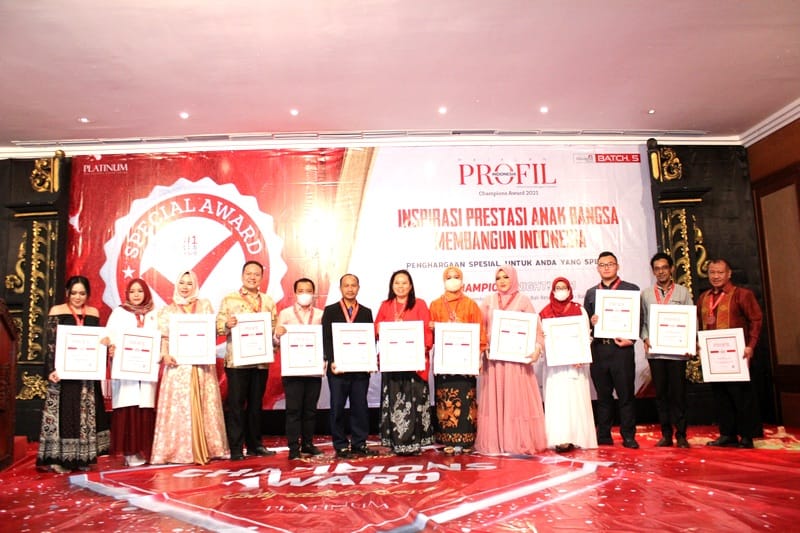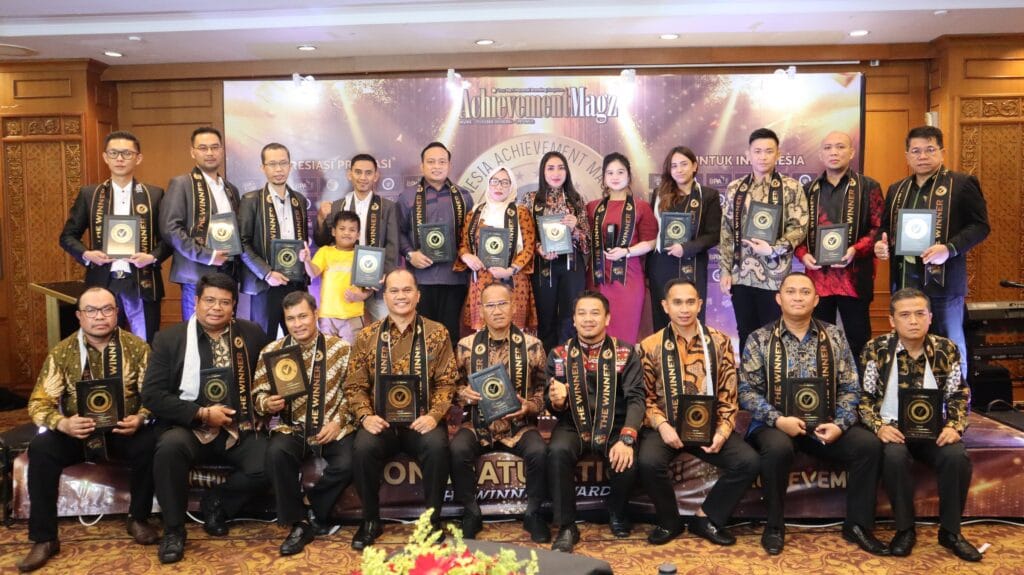New York — In the run-up to the November presidential election, Elon Musk has become an increasingly prominent figure in the spread of misinformation, using his social media platform, X, to amplify false claims on a range of incendiary topics. From an alleged bomb threat at a Trump rally to fabricated stories about immigrants, Musk’s influence is undeniable, and the speed at which these falsehoods spread is alarming.
One of the most prominent false claims shared by Musk occurred on Wednesday, when he reshared a post alleging that a bomb had been discovered near a Trump rally site in Long Island. The local police were quick to respond, stating that “reports of explosives being found at the site are unfounded.” Despite the correction, Musk’s post had already gone viral, gathering 4.3 million views and nearly 10,000 reshares in a matter of hours. Although X flagged the post with a crowd-sourced fact-check, Musk’s initial amplification had already achieved its impact.
This incident was just one in a series of actions by Musk to promote conspiracy theories and disinformation in the days preceding the event. Earlier in the week, he made headlines for sharing a now-deleted post about an alleged assassination attempt on former President Donald Trump. Musk posted, “no one is even trying to assassinate Biden/Kamala,” referring to President Biden and Vice President Kamala Harris. The backlash was swift, forcing Musk to delete the post, which he later claimed was intended as a joke. However, the post’s rapid spread further stoked tensions in an already volatile political climate.
Another concerning event occurred when Musk shared a fabricated whistleblower affidavit claiming that an ABC News debate had been rigged to favor Kamala Harris. The document was riddled with errors, and ABC News quickly debunked it as fake. Yet, the mere fact that Musk chose to amplify such a hoax highlights his willingness to engage with conspiracy theories, no matter how baseless they may be.
On the same day, Musk also reshared a misleading video that falsely claimed Haitian immigrants in Springfield, Ohio, were involved in eating pets. The video, which was edited out of context, showed a Springfield resident mentioning unconfirmed reports about animals being harmed. Both the city’s mayor and manager, who were present during the hearing, explicitly denied having any evidence to support the claims. Despite this, Musk’s post reached 7.9 million views and spurred further conspiracy theories, echoing talking points from Donald Trump and his running mate, JD Vance, who have sought to tie immigration to crime.
Perhaps most troubling of all, Musk has used his platform to promote misleading narratives about the upcoming presidential election. On Wednesday, Musk shared a fake electoral map attributed to statistician Nate Silver, claiming that Trump was on track for a 312-226 victory in the electoral college. The real map from Silver’s platform, “Silver Bulletin,” painted a much more nuanced picture, showing that key battleground states such as Michigan, Pennsylvania, and Nevada were still very much in play. Silver himself clarified that “the race is really a tossup,” contradicting Musk’s portrayal of an imminent Trump victory.
Since acquiring Twitter in 2022 and rebranding it as X, Musk has overhauled the platform’s policies, gutting its moderation teams and creating financial incentives that encourage users to post viral content, regardless of its veracity. This, combined with the elimination of the platform’s traditional verification system, has allowed disinformation to flourish at an unprecedented rate. By reinstating previously banned conspiracy theorists and allowing hate speech to proliferate, Musk has positioned himself as a central figure in the spread of false information.
Musk’s role in amplifying misinformation, especially during a crucial election period, raises serious concerns about the integrity of online discourse and its impact on voters. With nearly 200 million followers and an algorithm that boosts his posts, Musk’s influence is unmatched, and his promotion of false claims is eroding public trust in the democratic process. His frequent attacks on journalists and mainstream news organizations further complicate the landscape for voters seeking reliable information in the lead-up to what is expected to be one of the most divisive elections in recent history. While Musk claims to champion free speech, his actions suggest a more troubling reality: a powerful figure using his platform to shape narratives, often to the detriment of truth and democracy. As misinformation continues to spread unchecked, the consequences for the nation’s political climate and the integrity of its elections remain to be seen.








